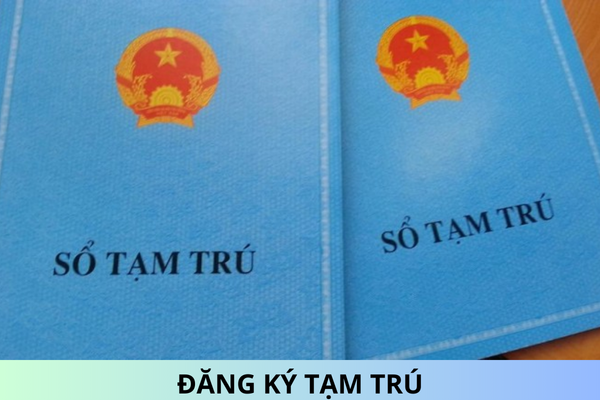What is Guarantee?
What is a Guarantee?
A guarantee is a legally binding commitment ensuring that one party will fulfill certain obligations to another.Scope of a Guarantee
The scope of a guarantee includes specifying the extent and conditions under which the guarantor will take responsibility for the performance of the guaranteed obligation.Relationship Between the Guarantor and the Beneficiary
The relationship between the guarantor and the beneficiary is defined by the guarantee agreement, outlining the rights and responsibilities of each party involved.Exemption from Performing Guarantee Obligations
Exemption from performing guarantee obligations can occur under specific circumstances as provided by applicable regulations or mutually agreed terms between the involved parties.For further support on the regulations, please let us know your specific inquiry.What is a Guarantee?
Based on Article 335 of the Civil Code 2015, the concept of a guarantee is specifically defined as follows:
- A guarantee is when a third party (hereinafter referred to as the guarantor) commits to the obligee (hereinafter referred to as the guarantee recipient) to fulfill the obligation on behalf of the obligor (hereinafter referred to as the guaranteed party), if by the time the obligation is due the guaranteed party fails to perform or improperly performs the obligation.
- The parties may agree that the guarantor only has to fulfill the obligation on behalf of the guaranteed party in cases where the guaranteed party is unable to perform the guaranteed obligation.
What is the Scope of the Guarantee?
- The guarantor may commit to guaranteeing part or all of the obligation for the guaranteed party.
- The guarantee obligation includes both principal debt interest, fines, compensation for damages, interest on overdue amounts, unless otherwise agreed.
- The parties may agree to use asset-based security measures to ensure the performance of the guarantee obligation.
- In cases where the guaranteed obligation is an obligation arising in the future, the scope of the guarantee does not include obligations arising after the guarantor dies or the guarantor entity ceases to exist.
What is the Relationship between the Guarantor and the Guarantee Recipient?
- In the event the guaranteed party fails to perform or improperly performs their obligation, the guarantee recipient has the right to request the guarantor to fulfill the guarantee obligation, unless the parties have agreed that the guarantor only has to fulfill the obligation on behalf of the guaranteed party when the guaranteed party is unable to perform the obligation.
- The guarantee recipient cannot request the guarantor to fulfill the obligation on behalf of the guaranteed party when such obligation is not yet due.
- The guarantor is not required to fulfill the guarantee obligation in cases where the guarantee recipient can offset the obligation with the guaranteed party.
When is the Performance of the Guarantee Obligation Exempted?
- In cases where the guarantor has to fulfill the guarantee obligation but the guarantee recipient exempts the guarantor from performing the obligation, then the guaranteed party is not required to perform the obligation to the guarantee recipient, unless otherwise agreed or regulated by law.
- In cases where only one of the multiple jointly liable guarantors is exempted from performing their part of the guarantee obligation, the remaining guarantors still have to fulfill their guarantee obligations.
- In cases where one of the joint guarantee recipients exempts the guarantor from performing their part of the obligation, the guarantor still has to fulfill the remaining obligation to the other joint guarantee recipients.
Sincerely!










